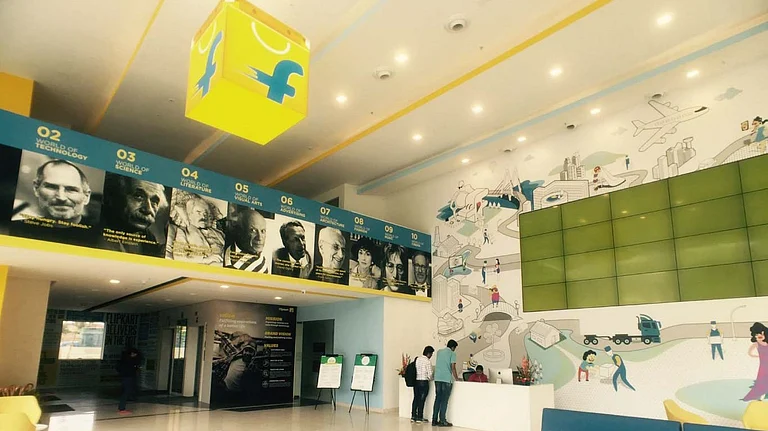In a bold move towards sustainable textile production the Ministry of Textiles is drafting a strategy approach paper to support the industry’s decarbonisation efforts with concrete steps.
Building on its Sustainable Bharat Mission for Textiles (SBMT) recently launched at the ESG Task Force Meeting, the ministry aims to transition the sector towards resource-efficient processes such as recycling by charting clear-cut pathways.
During the 11th edition of the India and Sustainability Standards Conference, Rohit Kansal, Additional Secretary at the ministry, highlighted the pioneering role of the ESG Task Force in driving changes emphasising the importance of a collaborative approach to unlock sustainable growth potential, which is estimated to boost the eco-friendly fashion market to over $ 15 billion in five to seven years.
With a culture rooted in sustainability, India can potentially lead the global march towards sustainable production at scale, especially in the world of textiles said Kansal. “The Indian ethos upholds the concept of sustainability and it is time that we reclaimed this heritage.”
It is estimated that a trillion-dollar economy can be interlocked and unlocked by following circular business practices. The sustainable fashion ecosystem is expected to grow to over $ 15 billion in the next five to seven years, according to Kansal. Eco-friendly practices can be a valuable differentiator, which in turn would enable brands, suppliers and even MSMEs to leverage their decarbonisation efforts towards achieving sustainable leadership.
The concept of sustainability has, however, undergone a change with a visible shift from a few cosmetic, sporadic actions to a mainstream and all-encompassing movement. Said Kansal: “The focus is on moving away from a linear value chain to a circular value chain.” Sustainability has now adopted a systems-based approach that embraces everything, from thinking and planning to products, people, manufacturing, and energy and waste management.
According to the UNFCCC estimates, textile production spews 1.2 billion tons of greenhouse gases annually, which is more than international aviation and maritime shipping combined. An estimated half a trillion dollar in value is lost every year due to clothing that is ‘barely worn and rarely recycled’, making textiles the third largest contributor to municipal solid waste.
According to the Executive Director of the Foundation of MSME Cluster Mukesh Gulati, different enterprises have different sustainability narratives. “Some are interested in taking the sustainability agenda forward, while there are other who think nothing of polluting our rivers and water bodies.” “Therefore, it is necessary to identify a common ground for dialogue, starting with smaller initiatives, which can yield real results in the first couple of months, and then build on those success stories.”
Panipat is home to an SME cluster that supplies more than a million pieces of garments to the Indian industry every day. It is also a shining star on the sustainability horizon, adhering to the best green practices at a huge scale. Talking about their recycling capacities, Founder of Global Alliance for Textiles Sustainability Council, Parvinder Singh said that Panipat has been able to achieve 100 per cent recycling.
While such wins are inspiring, the industry will need continued support from the ecosystem to move forward. Singh emphasised that MSMEs need knowledge and collaboration. This is because, in clusters most people are making similar products and they don't have any USP in terms of product innovation, techniques and technology.
“As we proceed towards a decarbonised and sustainable world, our priorities must expand beyond just finance and focus on knowledge, innovation and collaborative efforts”, concluded Singh.
































